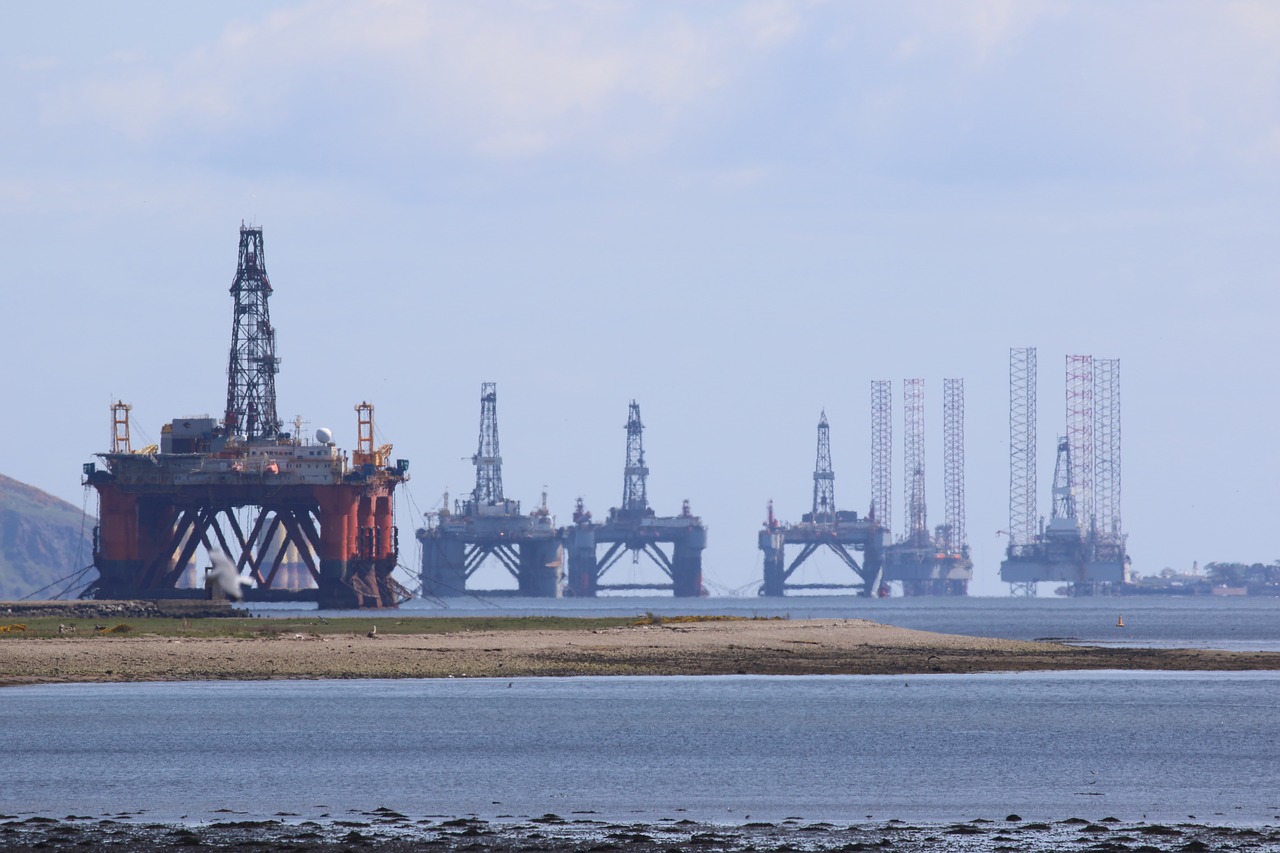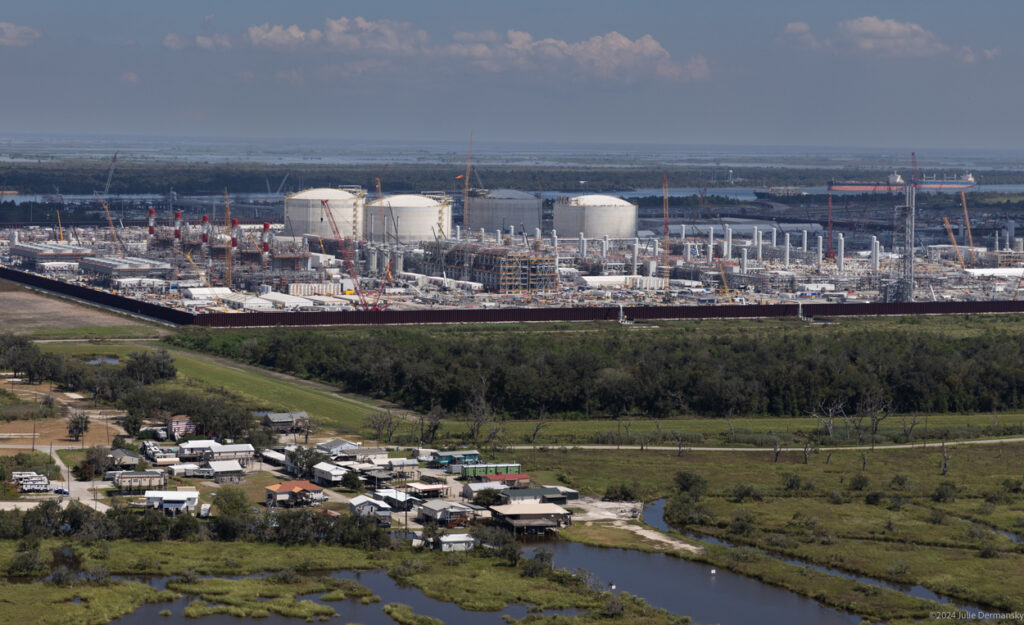The UK’s use of export finance to fund overseas fossil fuel projects is “flatly inconsistent” with both domestic climate policy and efforts to meet the 1.5C warming limit, according to academics at a hearing in Westminster today.
UK export finance (UKEF) provides guarantees, insurance and reinsurance to shore up British investments overseas. Yet instead of supporting much-needed renewables infrastructure, some 99 percent of all energy-related support went to fossil fuels. Between 2014 and 2016, the UK spent £551 million per year to support fossil fuel production.
In December 2018, the government’s Environmental Audit Committee launched an enquiry into the state of UKEF. The first hearing took place today.
“If we’re going to hit 1.5C or anything close to it, all of the pathways say that we need very rapid decarbonisation, to demand side mitigation, electrification, emissions reductions now,” said Navraj Ghaleigh, senior lecturer in climate law at the University of Edinburgh. “If that’s correct and if that’s what we want to do, the current pattern of UK export finance is simply flatly inconsistent with that.”
Ghaleigh described the UK’s export finance as “just odd”, given efforts to cut carbon emissions on home soil.
“I think the Climate Change Act, and the implementation of the Climate Change Act, and the institutions that have been established, such as the Climate Change Committee (sic), continue to be world leading,” he said. “UKEF, which [contributes] £5 billion per year every year for building oil refineries in Saudi and coal infrastructure in Ghana and fleets of aircraft all over the world, those are locked-in emissions that will not be reversed. That’s really significant, and that I think is a very sharp indication of a policy dissonance that needs to be addressed.”
Last year, DeSmog reported on the UK’s support of a £5 billion oil refinery in Oman, by opening a line of credit to boost British exports. The credit agency was also considering supporting the expansion of an oil refinery in Bahrain, despite acknowledging its potential for “significant adverse environmental and/or social impacts”.
A further DeSmog investigation found that half of all projects to receive export credits during the 2016-17 financial year were related to the fossil fuel industry, amounting to more than a billion pounds.
According to Professor Jim Skea, who was co-chair of a major climate science report for the UN, the UK’s failure to fund renewable energy projects abroad could result from an undeveloped domestic industry, potentially discouraging renewables companies from applying for financial support – a question that he suggested MPs put to ministers themselves when they provided evidence to the committee.
“The UK has, historically, whether we like it or not, been very good at oil and gas, and the skills and competencies needed to extract it, and for that reason I wouldn’t be that surprised if a lot of the applications were coming from that sector,” Skea said. “The UK has not so far exploited all the opportunities associated with renewable energy around wind and solar. Although we’ve got lots of deployment of wind, the turbines themselves are coming from Vestas, Siemens etc [Danish and German companies respectively].
“I don’t think we can do well in export markets unless we have a home market to build from.”
To clean up UK export finance, Ghaleigh suggested that it may be necessary to implement a new policy that puts climate change considerations at the heart of its decision making.
Image: Pixabay
Subscribe to our newsletter
Stay up to date with DeSmog news and alerts







